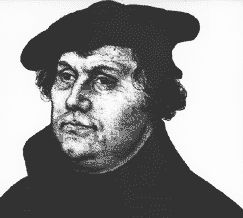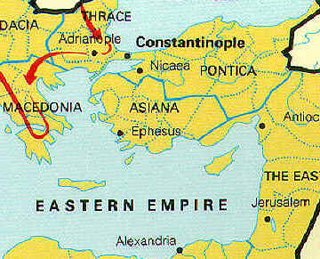LUTHER 1527 The Council of Nicaea, 325.


LUTHER 1527
But I shall put my finger still more accurately upon their real argument which leads them to such an error, and I shall stake my body and soul, which I would not gladly lose, that I shall not fail in my purpose. Poor sinner that I am, I too know a little about the Spirit, and a great deal about the old rogue who rages in us—I mean, the flesh. This one factor moves them above all others: that according to reason it is altogether absurd to believe that we should eat and drink Christ’s body and blood physically in the Supper. And I know for certain that if they should win, their ultimate exultation would be, “Yes, I was perfectly sure that it could not be right: it just never made sense to me that Christ’s body and blood should be treated in this way!” as they are now whispering secretly among themselves, and as the foolish masses are prattling openly. But they would like to conceal this, for they are ashamed to admit it. They know very well that it is worthless talk, but they are pleased to see the foolish masses blurt it out, and they say and write nothing against it.
The Council of Nicaea, 325.
Nicaea, the very name of which speaks victory, was the second city of Bithynia, only twenty English miles from the imperial residence of Nicomedia, and easily accessible by sea and land from all parts of the empire. It is now a miserable Turkish village, Is-nik, where nothing but a rude picture in the solitary church of St. Mary remains to the memory of the event which has given the place a name in the history of the world.
Hither, in the year 325, the twentieth of his reign (therefore the festive vicennalia), the emperor summoned the bishops of the empire by a letter of invitation, putting at their service the public conveyances, and liberally defraying from the public treasury the expenses of their residence in Nicaea and of their return. Each bishop was to bring with him two presbyters and three servants. They travelled partly in the public post carriages, partly on horses, mules, or asses, partly on foot. Many came to bring their private disputes before the emperor, who caused all their papers, without reading them, to be burned, and exhorted the parties to reconciliation and harmony.
HISTORY OF THE CHRISTIAN CHURCH Schaff Volume 3 NICENE AND POST-NICENE CHRISTIANTY A.D. 311-600
(Pages 622-623)

0 Comments:
Post a Comment
<< Home